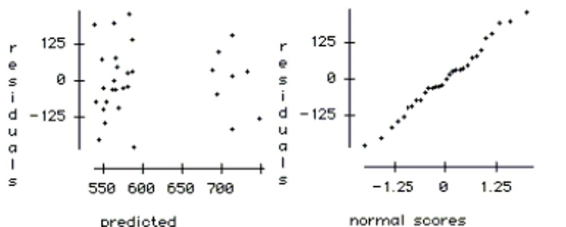The regression below predicts the daily number of skiers who visit a small ski resort based on three explanatory variables.
The data is a random sample of 30 days from the past two ski seasons. The variables are: SKIERS the number of skiers who visit the resort on that day
SNOW the number of inches of snow on the ground
TEMP the high temperature for the day in degrees .
WEEKDAY an indicator variable, weekday , weekend
Dependent variable is Skiers
R squared squared (adjusted)
with degrees of freedom

-If you think that the temperature might affect attendance differently on weekends than on
weekdays, how would you change the regression to test this?
Definitions:
Inputs
Anything that people give up, offer, or trade to their organization in exchange for outcomes.
Novel Task
A task or project that is new and not previously encountered, requiring innovative thinking and approaches.
Performance Increase
An improvement in the efficiency, output, or quality of work produced by an individual or team over time.
Weyerhaeuser Company
An international forest products company that produces lumber, paper, and packaging products, known for its sustainable forestry practices.
Q4: Studying Assume that 75% of the Stats
Q16: A regression equation is obtained for
Q29: We test the hypothesis that
Q30: Six independent samples of 100 values
Q33: An article stated that last year 807
Q33: If the company charges $25 for this
Q47: Moods A headline in the New York
Q48: The scores on a recent statistics
Q51: Describe an advantage to random assignment of
Q55: Write the company's null and alternative hypotheses.